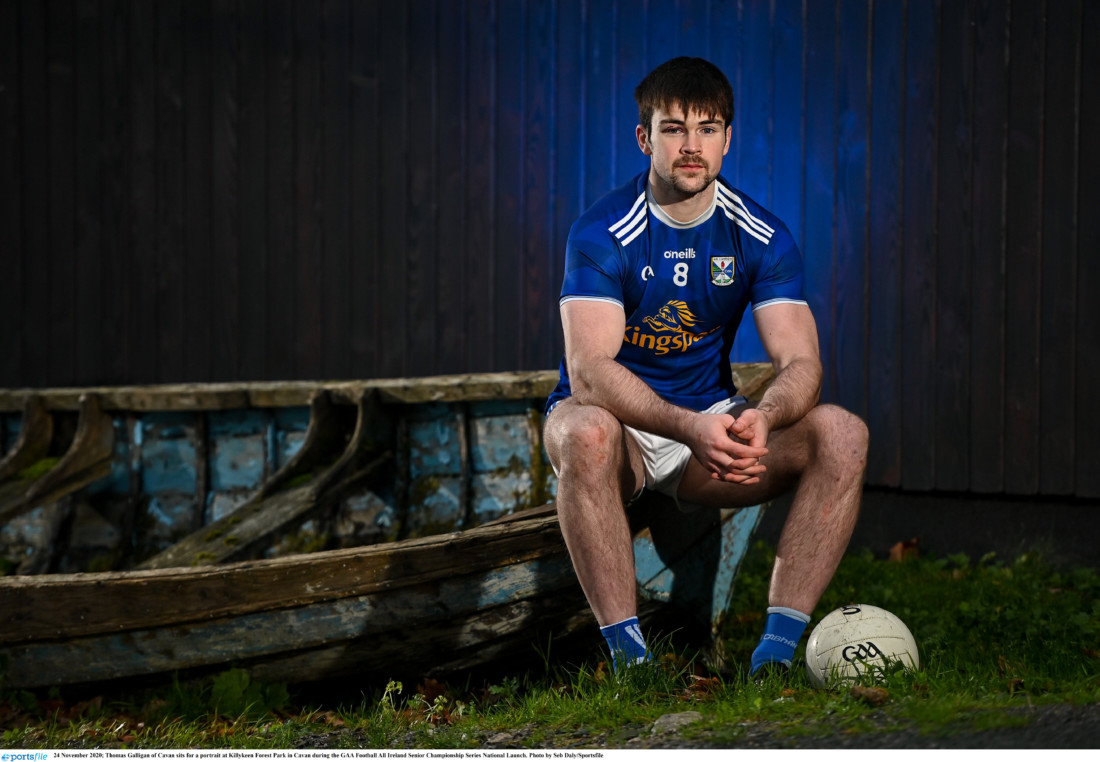LIFE as we had previously known it has changed over the past year, and there remains quite a bit of uncertainty over how things will look if we attempt to project into the future.
Our day-to-day tasks, habits and pastimes have more than likely all been compromised and reshaped to form something not so normal. Working from home, bubbling, masks, the severe social restrictions in place have all created a new order that we are hoping will lead to new dawn where a sense of normality can someday soon return.
The preparation and intricacies associated with being a member of a GAA team has been turned on its head over the past 11 months.
From intercounty level right down to grass roots level, underage coaches and administrators have had to cater for new legislations in order to keep our games afloat. Each player consequently will have a different attitude to how the GAA will look as we move forward over the coming years.
As a coach or mentor this can be a good period for reflection. An opportunity to slow down the wheel and dissect the incumbents of your group. In any team dynamic you are going to be exposed to a range of personalities and it’s the variation of personalities that shape a team.
With current lockdown restrictions still in play, many senior club players across the country are by this stage engaging in their own personal regime in order to be ready for a return to play in the coming months.
As a coach it is okay to prescribe the programming, the tailored gym work and meticulous detail to pitch conditioning and skill top-ups, but that’s only were the process starts. Chances are your team may comprise of some of the following characters.
The seasoned campaigner who’s a self starter
This is the easy part. You prescribe, and they enquire will it harm their chances if they do double the required amount. An easy sell, these players have an innate desire to hold themselves to high standards. Often the biggest issue is holding them back a little to prevent a catastrophic burnout. Usually a player of reasonable experience that can be counted upon to be a solid performer and team member.
The energetic newbie
This particular entity is like the previous mentioned in that his enthusiasm is infectious, yet with great enthusiasm can also come naivety. And this can sometimes be detrimental. Young players can often be willing to learn but that desire can often lead to taking in too much information from a variety of sources. If you have a vision for the younger members of your squad it’s important that you spend time outlining this with them, get to know them. Essentially win their trust and have them on board early with your ideas.
The team player
This is the player who loves to be part of the team culture. They bring energy and come into their own in team surroundings. They are usually vocal in the changing room and at the forefront of mischief. But as much as they thrive on that sense of team identity, when that structure is taken away from them, that’s when they may struggle. Not everyone is singularly motivated to leave the house on dark nights and mornings to do their lone sessions in hope of a sunny Sunday coming three months down the tracks. Check in with that player.
They may need some more guidance and assurance than others.
As managers and coaches it’s easy to get caught up in chasing wins but wins only come on the back of a strong cohesive group mentality. At this current time players are facing into a situation that’s never been put in front of them before, check in on your players.
Get in touch with GAA Performance Guys. Instagram – @gaaperfromanceguys
Receive quality journalism wherever you are, on any device. Keep up to date from the comfort of your own home with a digital subscription.
Any time | Any place | Anywhere












